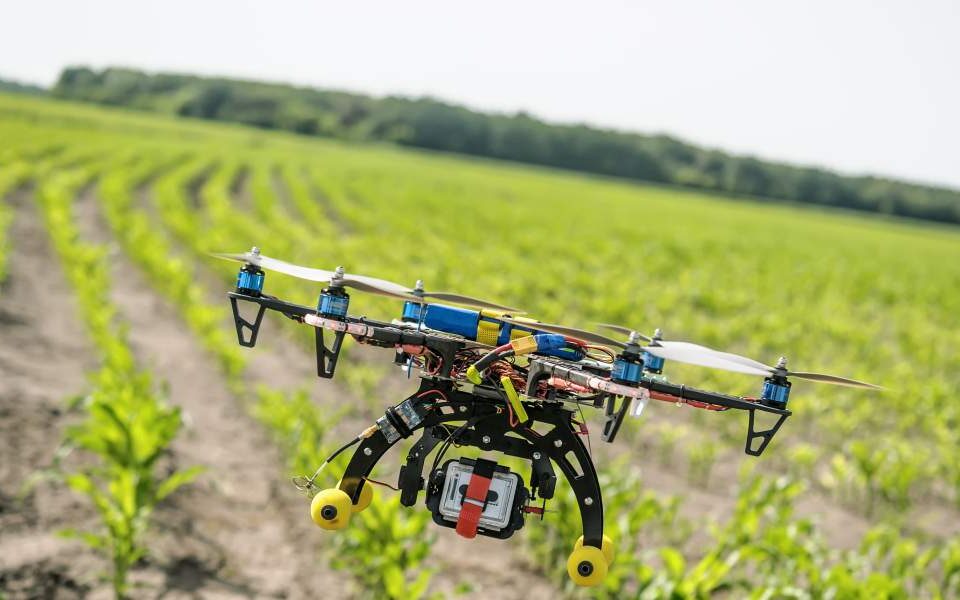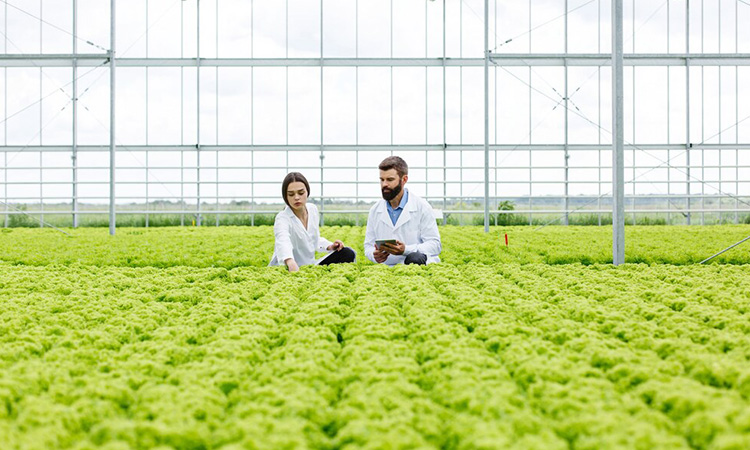
Rice Threshing Made Easy A Guide to Thresher Machines
September 24, 2024The Science Behind Hybrid Seeds for Better Crop Growth
Introduction to Hybrid Seeds
Hybrid seeds are the result of crossbreeding two genetically different plants to create a new variety that contains the best traits of both. These seeds have revolutionized agriculture by improving crop yield, resistance to diseases, and overall plant health. By understanding how hybrid seeds work, farmers can take advantage of their many benefits to grow healthier, more productive crops.
How Hybrid Seeds Are Developed
Hybrid seeds are developed through controlled pollination, where the pollen from one plant is deliberately transferred to another. This selective breeding process helps combine desired characteristics, such as pest resistance or drought tolerance, from both parent plants. The resulting seeds produce plants that are stronger, more uniform, and capable of thriving in a variety of environmental conditions.
Advantages of Hybrid Seeds
One of the primary benefits of hybrid seeds is their ability to increase crop yield. These seeds are bred to be more robust, enabling plants to grow faster and produce more food per acre. Additionally, hybrid seeds can be designed to resist pests, diseases, and harsh weather, reducing the need for chemical pesticides and fertilizers. Farmers using hybrid seeds can often expect a higher return on investment.
Enhanced Growth and Yield
Hybrid seeds are specifically created to promote better growth. By selecting parent plants with superior traits, researchers can enhance characteristics like plant height, fruit size, and even the speed at which the crop matures. This improved growth cycle allows farmers to harvest crops earlier, making the farming process more efficient and reducing the risk of losing crops to unforeseen weather events.
Disease and Pest Resistance
Diseases and pests pose significant threats to agricultural productivity. Hybrid seeds help combat these challenges by incorporating natural resistance traits into the plants. The plants grown from these seeds are often less susceptible to common diseases and insect infestations, allowing farmers to maintain healthier crops with fewer interventions.
Climate Adaptability
Hybrid seeds can be developed to withstand specific environmental conditions, making them suitable for regions with challenging climates. For example, drought-resistant hybrids are designed to grow with limited water, while others are created to tolerate high heat or cold temperatures. This adaptability ensures a more consistent and reliable crop yield, even in unpredictable weather patterns.
Challenges and Considerations
While hybrid seeds offer many benefits, they also come with certain challenges. One major drawback is that seeds from hybrid plants cannot be saved and replanted. This is because the second generation of plants may not retain the desired traits, forcing farmers to purchase new hybrid seeds each season. Additionally, the cost of hybrid seeds can be higher than traditional seeds, which may be a concern for smaller farms.
The Future of Hybrid Seeds
The science behind hybrid seeds continues to evolve, with ongoing research aimed at further improving crop growth and sustainability. As demand for food increases, hybrid seeds will likely play an even larger role in feeding the world’s growing population. By embracing the advantages of hybrid seeds, farmers can not only increase their productivity but also contribute to more sustainable and resilient agricultural practices.
to read more agriculture related blogs on the website Click here.
The topic for writing this blog has been taken from the post of a farmer from the Sindh Abadgar Board Facebook page.





